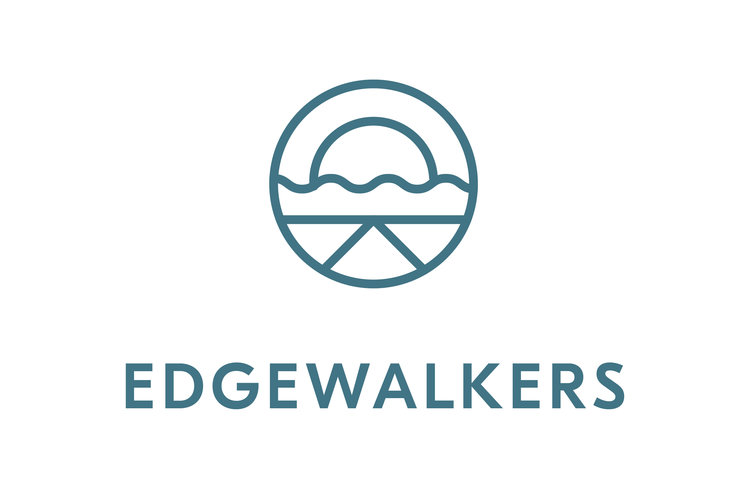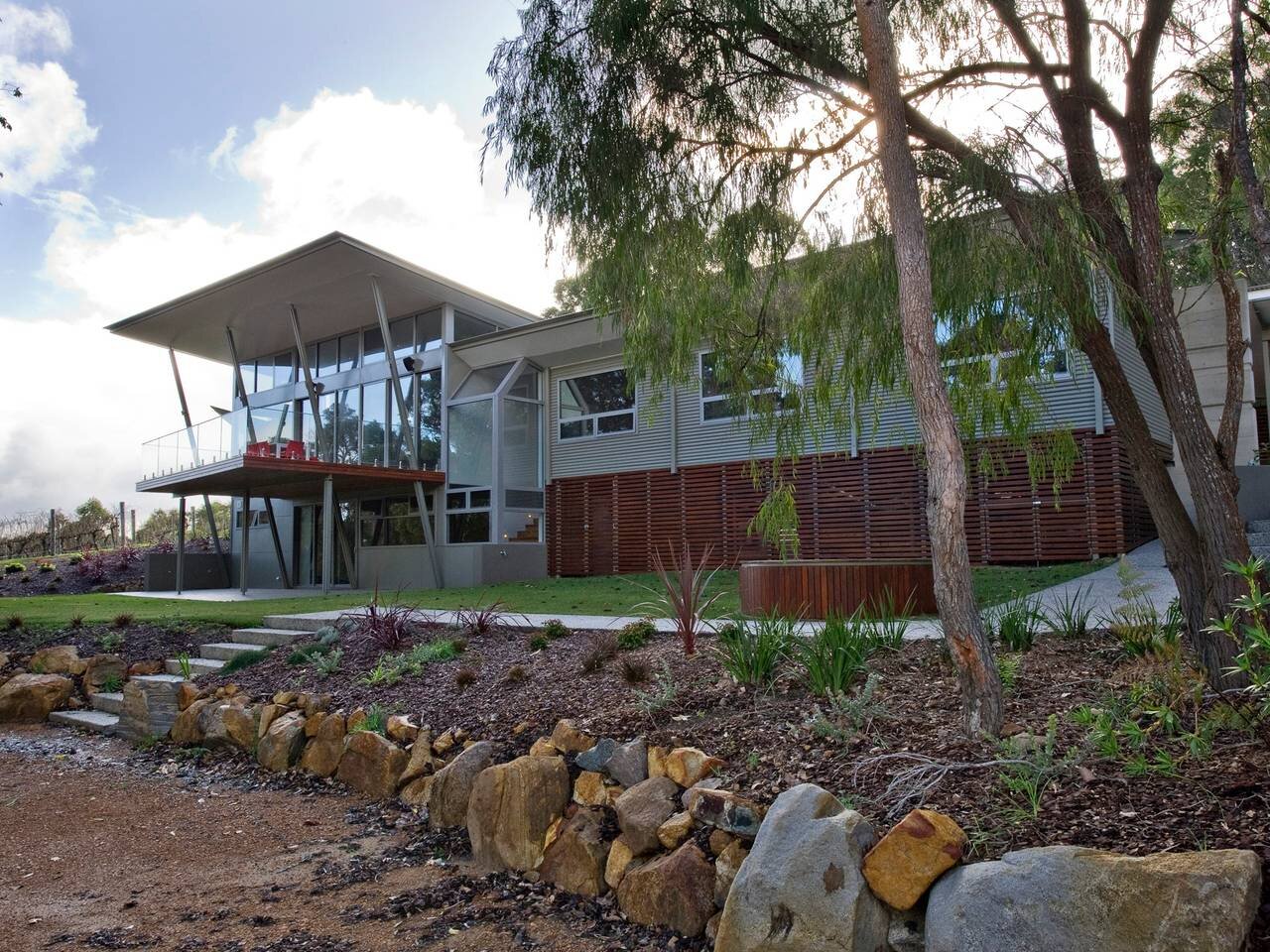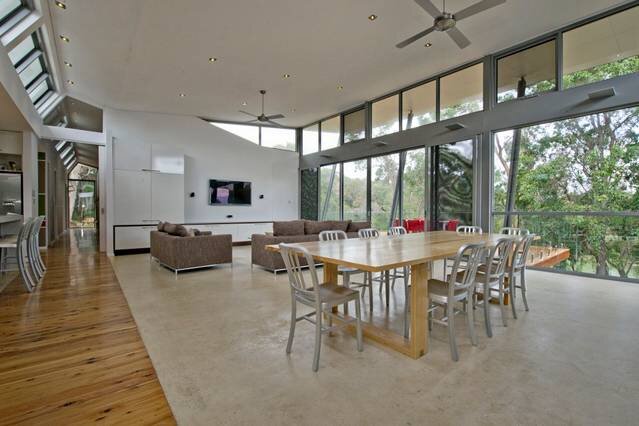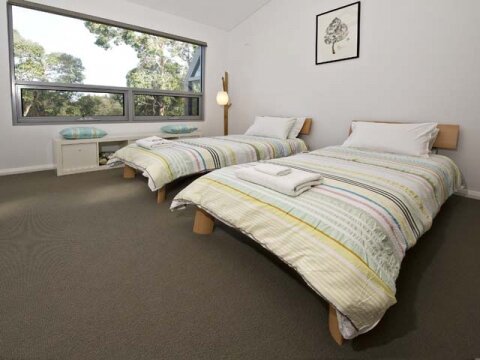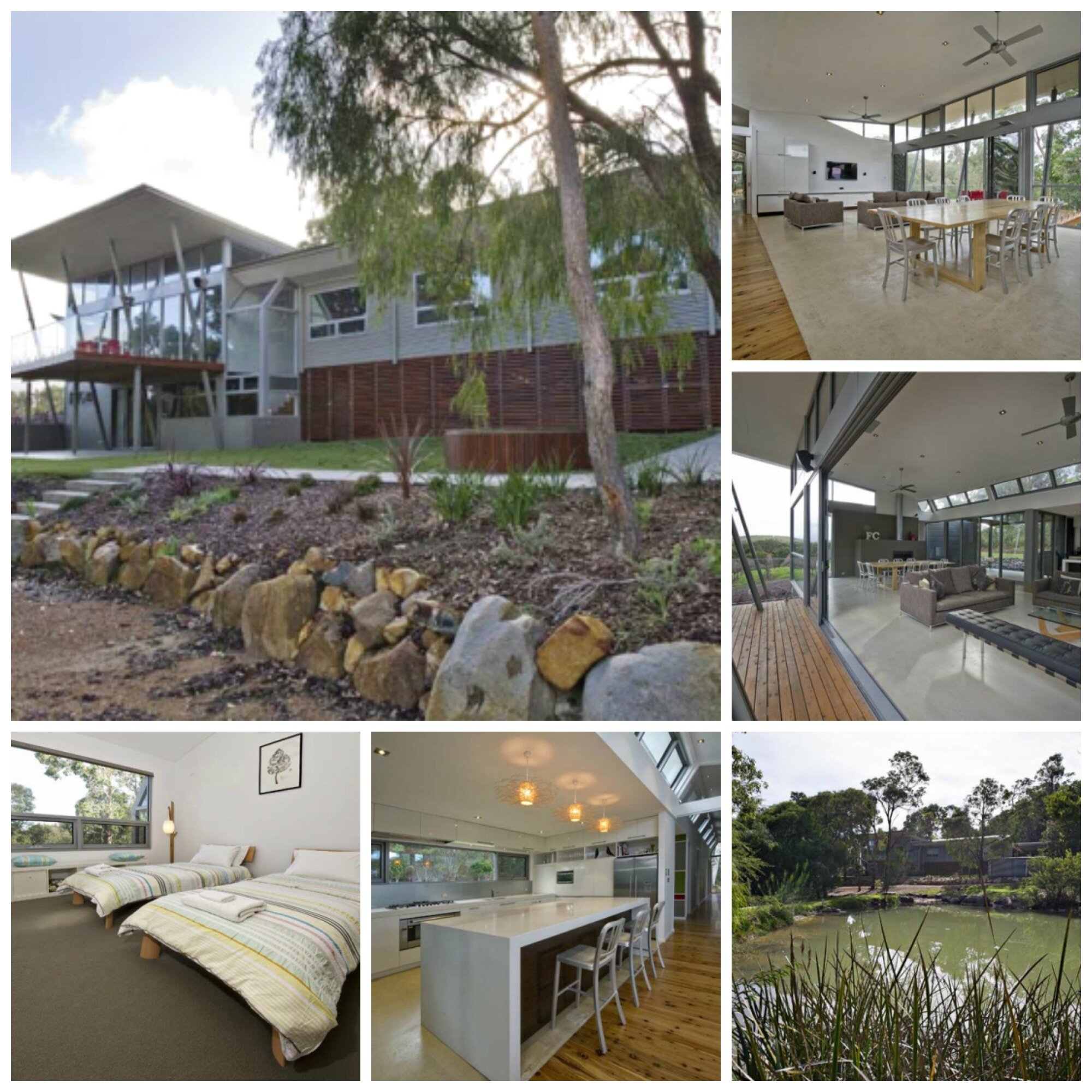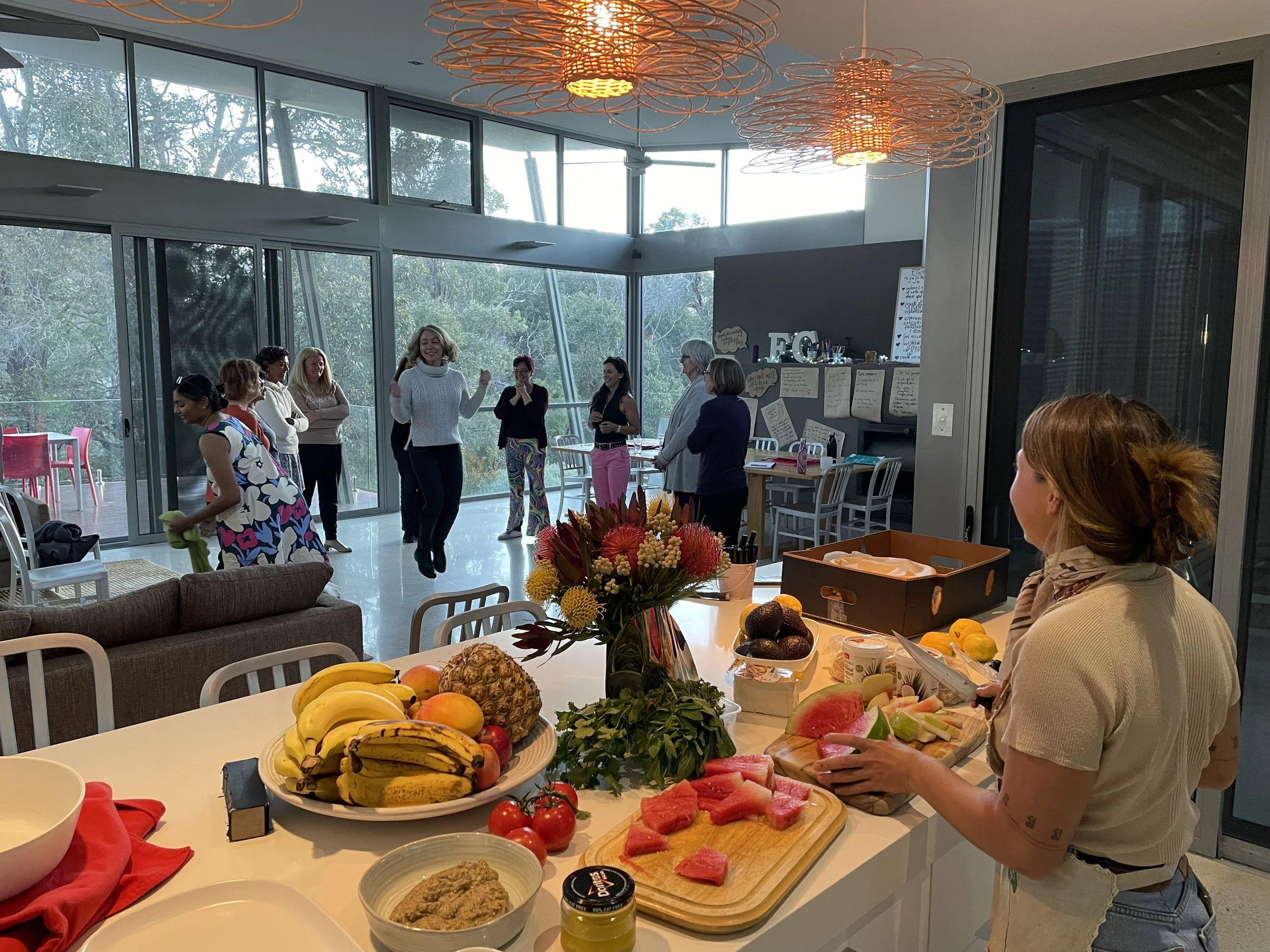FREQUENTLY ASKED QUESTIONS
WALKING, WRITING AND CREATIVITY RETREATS
Where are retreats held?
Most of our retreats are held in Margaret River.
Where do we stay? What’s the accommodation like?
Most of our retreats are held at Frog Choir, a deluxe holiday home not far from Margaret River town. It is nestled between a vineyard and native bush. Large, spacious and perfectly suited to all our retreat activities and sleeping comfort. There are various room types depending on your budget.
How do I know if the Walking & Writing Retreat is for me?
Our Women’s Walking & Writing Retreat is attended by women who want to start a writing project or have already started and want some feedback and direction.
Maybe there is a writing project that is nagging at you: a blog, short stories, novel or memoir, play, copy for your business and you don’t know where to start.
Or maybe you have already started and are stuck or have lost the mojo and belief in it.
You will be guided through creative exercises and techniques to get clear on what you want to write, what is holding you back and try to breakthrough the block. If you already have a body of work, you will have your work edited and be given one-on-one editorial feedback.
How do I know if the Creativity Retreat is for me?
If you are looking to have a greater connection to nature and/or reignite or start a more creative and self-expressive life, but you don’t know where to start or you just don’t seem to be able to sustain your effort, then this retreat is for you.
We spend 4 days exploring, both individually and as a collective, what is stopping us, where we are exactly and where we want to be. We rehearse actions that will get us there and we do it all in a safe and very playful way using storytelling, theatre, writing, movement, painting and of course walking and immersing ourselves in the creative power of nature.
What is the methodology used?
Dr Erika Jacobson uses theatre based aesthetic exercises, embodied activities and creative thinking techniques & tools.
Her doctoral research and work using these approaches has given her insights into their benefits and power. Because they engage the body (embodied) and the senses (aesthetic), and aren’t focused on thinking, they can give access to ideas, solutions and breakthroughs that lie beyond our intellect.
Playful and fun, these techniques work on both individual and collective stories, often giving people access to deep insights and learning especially around difficult problems, obstacles and behaviours we want to change.
When an insight is received directly through the sense and not via the intellect, the possibility for it to be lasting (transformative) is so much greater.
Erika also works on the premise that we are all wired to be creative and self-expressive.
But our creativity diminishes if it is not used and strengthened. Erika uses many of the creative thinking tools she taught in the creativity and innovation course she co-designed at Murdoch University .
